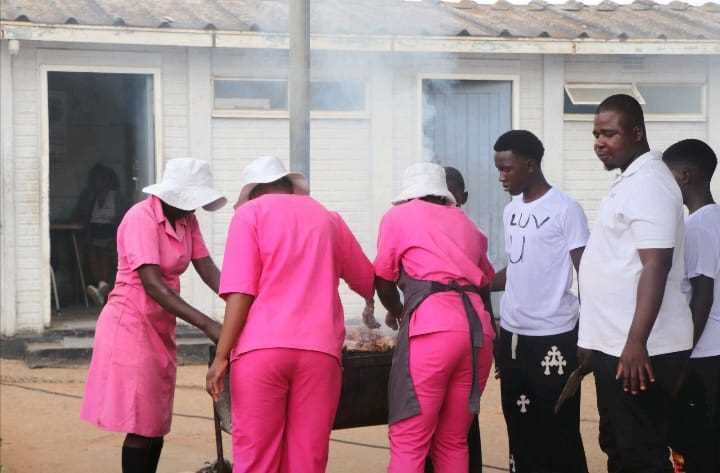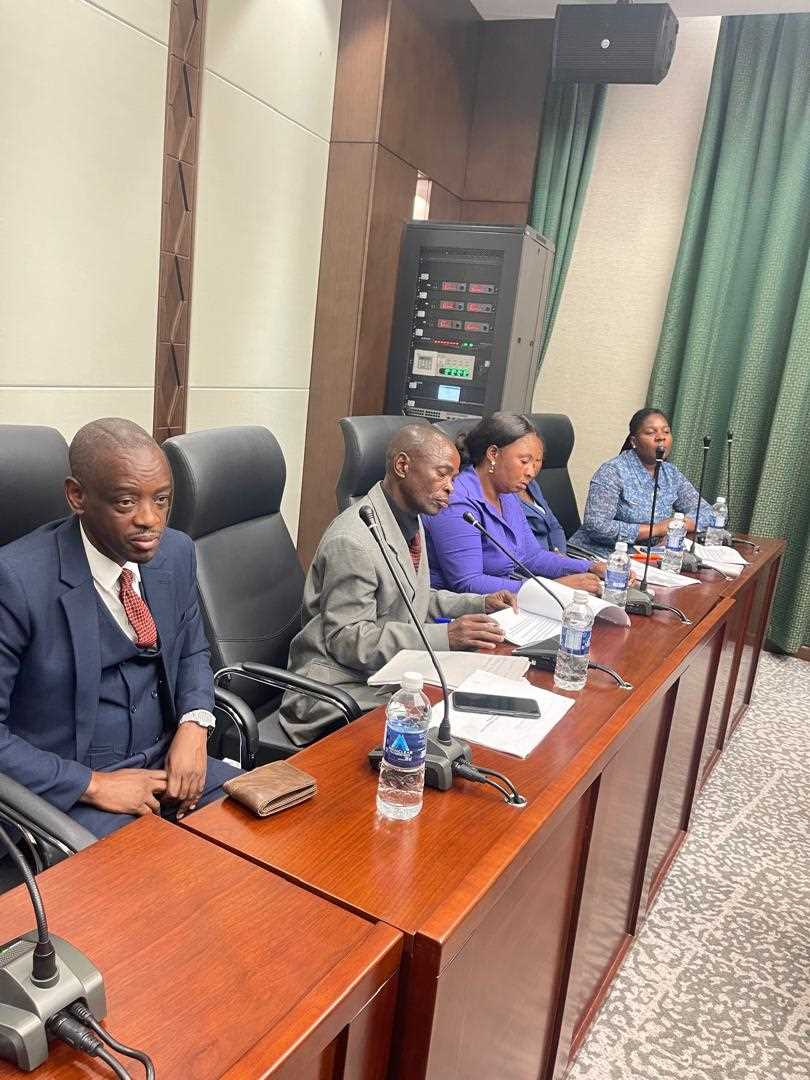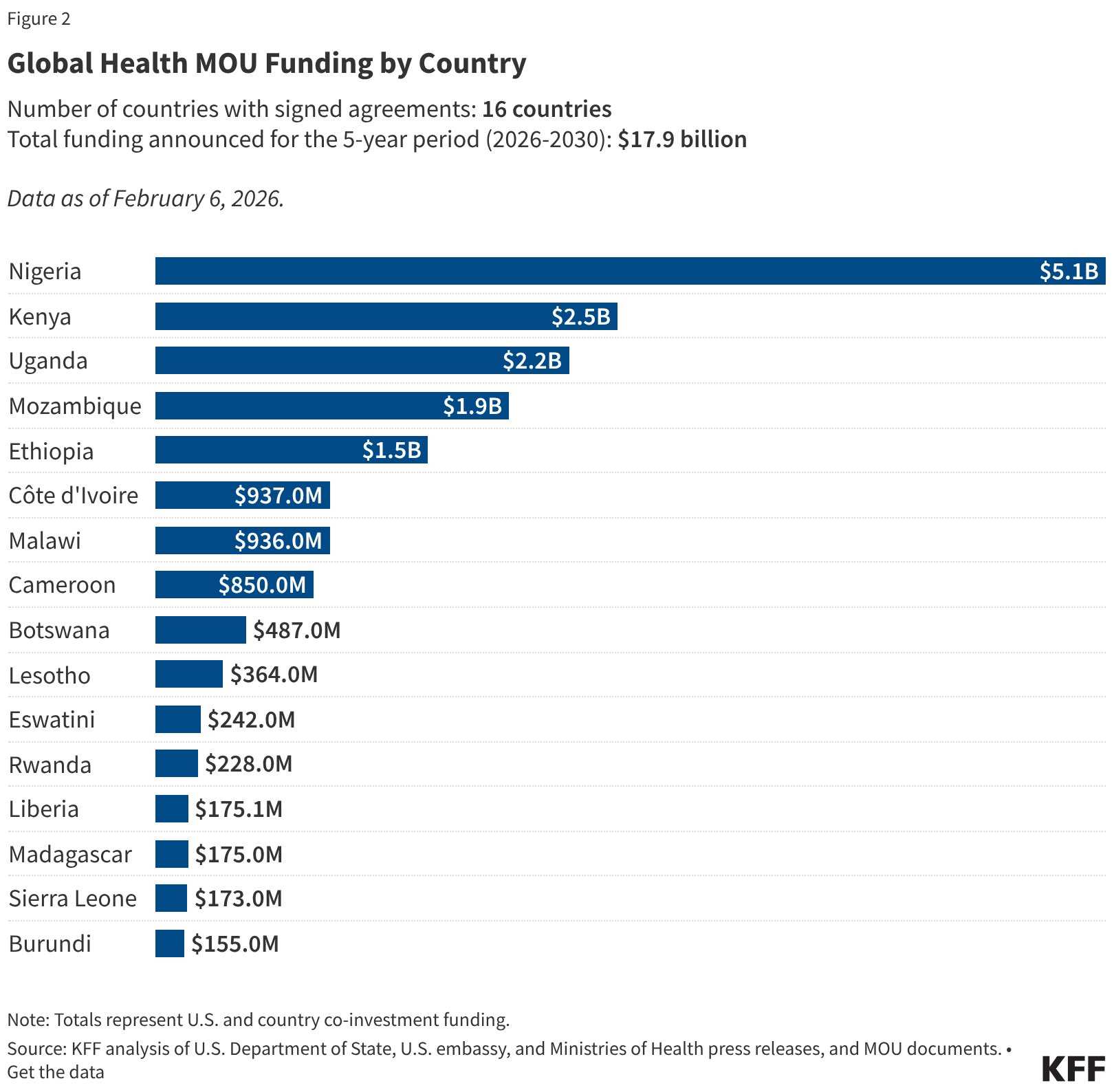
By Nyashadzashe Ndoro
Chief Reporter
Member of Parliament for Gutu East Benjamin Ganyiwa has proposed a tax exemption for individuals in polygamous marriages, provided they have registered their unions with the relevant authorities.
According to Ganyiwa, this proposal aims to discourage hidden polygamy and promote honesty among individuals with multiple spouses. The lawmaker suggested that individuals with multiple homes should only be exempt from paying tax on additional homes if they can prove that they are in a legally recognised polygamous marriage.
"On individuals, I propose that a second, third or fifth home can be exempted only if one has got a legal or authorised polygamy," Ganyiwa submitted during the 2025 budget debate in Parliament on Wednesday last week.
"This will help our country whereby people are not going to have hidden
polygamy. We should go and register if you want to be exempted from not paying tax for the second and third home. You should go and register to the marriage officer so that you can be exempted. If not, you should pay.
Ganyiwa also highlighted the issue of vacant land and speculators who buy large tracts of land without developing them. He proposes that the government should start levying taxes on such land after two years of purchase if it remains undeveloped. This, he argues, will encourage landowners to develop their properties, which will in turn enhance the appearance of the city and benefit the community.
Two weeks ago, Finance Minister, Mthuli Ncube, unveiled a series of new taxes and royalties in the 2025 budget, aimed at boosting revenue collection.
Related Stories
The measures include the termination of duty suspension on imported public service buses, increased excise duty on selected alcoholic beverages, and the introduction of a 10% withholding tax on gross winnings of sports betting punters.
Other notable taxes introduced include a 25% rental income tax on residential properties converted to business premises, a 0.5% surcharge on fast foods, and taxes on the emerging sector, comprising fabric merchandisers, clothing sellers, and spare parts dealers, among others.
Additionally, royalties on quarry stones and coal have been introduced, while tax holidays for Special Economic Zones have been removed and replaced with a 15% Corporate Income Tax.
To soften the impact of these new taxes, Ncube has offered some relief measures, including an increase in the tax-free income threshold, a reduction in Capital Gains Tax on Marketable Securities, and the exemption of Liquefied Petroleum Gas from VAT. Customs duty on electric motor vehicles has also been reduced.
Mbizo MP Corban Madzivanyika has expressed concerns about various tax-related issues in Zimbabwe.
He suggests that the tax bracket should be indexed to the US dollar to prevent low-income earners from being pushed into a higher tax bracket due to currency depreciation. Additionally, he criticizes the tax on betting, arguing that it is the punters who ultimately bear the cost.
Madzivanyika cites the need for transparency and accountability in government spending. He notes that the unallocated reserve for the 2024 budget was exhausted by a single ministry, the Ministry of Transport, and questions where the money came from to cover expenditures in other ministries.
Madzivanyika also touches on the issue of overregulation, citing a submission from the Confederation of Zimbabwe Industries (CZI) that 18% of fixed costs for companies go towards regulation. He finds it worrisome that 32 licenses are required to run a supermarket and calls for a review of the regulatory framework to promote a more business-friendly environment.


















Leave Comments